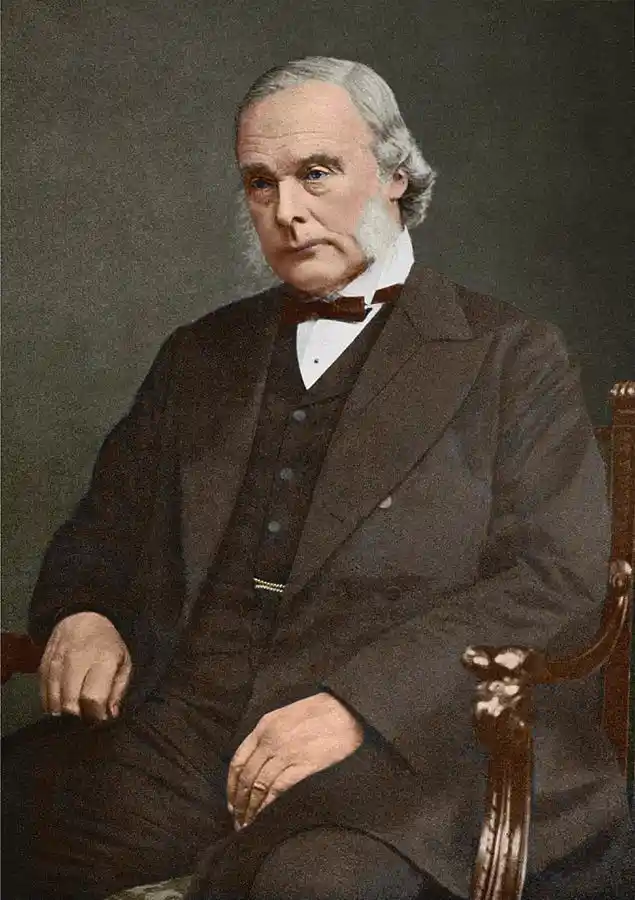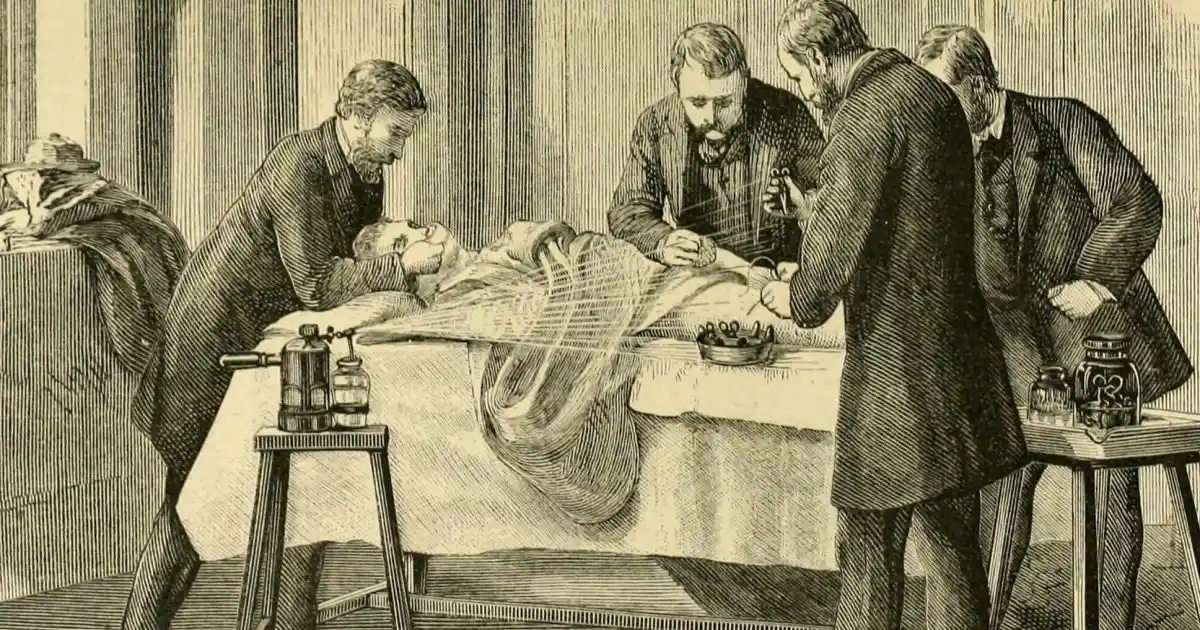

A British scientist that was a founder of modern antiseptics, who also invented antisepsis.

Born: April 5th 1827 | Died: February 10th 1912.
Joseph Lister is regarded as one of the founders of antiseptics, and invented antisepsis, a method of cleaning the area of surgery before and during an operation.
Born to Joseph Jackson Lister and his wife Isabella Harris, he was the second son. He was born in Upton, Essex. He received his formal education in two Quaker institutions, after being informally educated by his parents. By the time he was 16, he had already decided upon a career in surgery.
After taking an arts course, Lister enrolled in the faculty of medical science in 1848. He graduated four years later in 1852 with honours. By 1856, he was under the tutelage of James Syme, the most regarded surgical teacher of the day.
Between 1861 and 1865, Lister worked on a Male Accident Ward, where he found out that around half of his patients after surgery died from sepsis. This was the beginning of the basis of his work on antisepsis. Much of his ealier work focused on the mechanism of coagulation of blood and the role of vessels in the first stages of inflammation.
His first theory on sepsis was that it must be a pollutant like pollen-like air that affected the open wounds and this would later cause the sepsis. There was no evidence that this dust could be living, but he came close to the truth. It was in 1865 that he became familiar with the work undertaken by Louis Pastuer, whereby he came to the decision that fermentation and disease were caused by microorganisms.
Lister's first work on creating an antiseptic barrier included using carbolic acid to create a barrier between the wound and the instruments used in the surgery. For the four years after 1865, surgical mortality in the Male Accident Ward fell from 45% to 15% as a result of the use of the acid.
Lister continued his work, and generated theories on germs and created a carbolic treatment that worked. His work was well received in Germany, but less so in the UK and USA. He got his chance to change that in 1877, when he was offered the chair of Clinical Surgery at King's College. He operated to replace a kneecap, and used his carbolic acid antisepsis theory on the surgery. This was opened up to the general public of surgeons, who greatly accepted this method as a way of greatly adding to the safety of the operative surgery.

Lister retired from surgical practice a year after his wife died, and received many honours. He was created a baronet in 1883, made Baron Lister in 1897, and appointed one of the original members of the Order of Merit in 1902.
Although he didn't write any books, he did submit papers to professional journals, of which there is a complete compendium called The Collected Papers of Joseph, Baron Lister, Vol 2 (1909).
Lister was completely deaf and blind in his last years, and died 1912, two years before the First World War.
Disclaimer | About Me | Sitemap
Website design by SyntaxHTML.



Blue icons adapted from icons courtesy of Smashicons.com